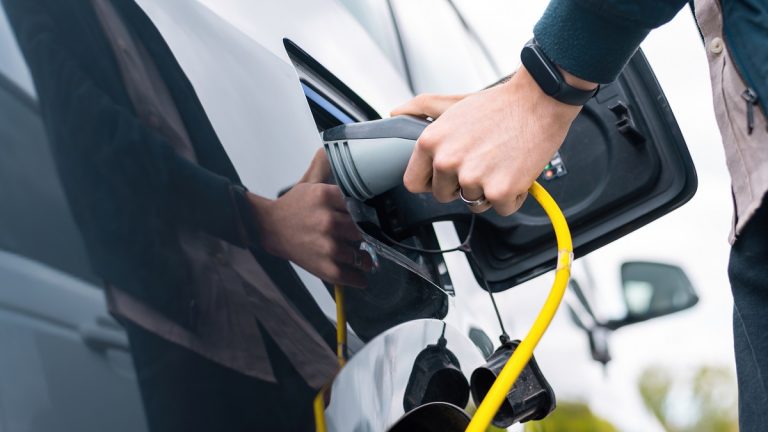The number of cars in the country increased by more than 100,000 in 2022. Photo credit: Freepik.
Prague, Nov 24 (CTK) – Czech drivers may soon be receiving support through the EU Social Climate Fund for buying eco-friendly cars, said Deputy Prime Minister Marian Jurecka (KDU-CSL), speaking to CTK today. Jurecka is temporarily heading the Environment Ministry, pending the appointment of a new permanent minister.
Jurecka said he would like the Social Climate Fund to be launched sooner than in 2025, as planned, due to the energy crisis. He said Prague has been calling for the launch of the fund in 2024.
Representatives of EU member states and international institutions were in Prague today to discuss the new proposals of the European Commission for air and water protection. The aim of these proposals, which are based on the Green Deal, is to lower the number of premature deaths due to pollution. Roughly 400,000 people die due to pollution in Europe every year.
“These figures are really high. We cannot ignore them,” Jurecka said, adding that the central question was the capacity for implementing and enforcing the EU’s climate goals.
There are 6.4 million cars in the Czech Republic, for 10.7 million inhabitants. The number of cars in the country increased by more than 100,000 in 2022. According to the Association of Car Importers, cars driven by Czech citizens are 15.8 years old on average.
At present, Czech firms and institutions can access support for the purchase of electric cars, but not individuals.
“We need support also for households now. This should be within the Social Climate Fund, one part of which will be for the transport of individuals and families,” Jurecka said.
He said the Czech Republic will implement the plan carefully so that companies and households can cope with the changes.
The Social Climate Fund totals 72.2 billion euros. The Czech Republic may draw 1.7 billion euros from this in 2025-2032.
Maria Neira, who heads the World Health Organization’s department of public health and environment, said the goals are demanding but beneficial for both people and the economy. If pollution is reduced, medical costs and economic and human losses will be lower, she said.








